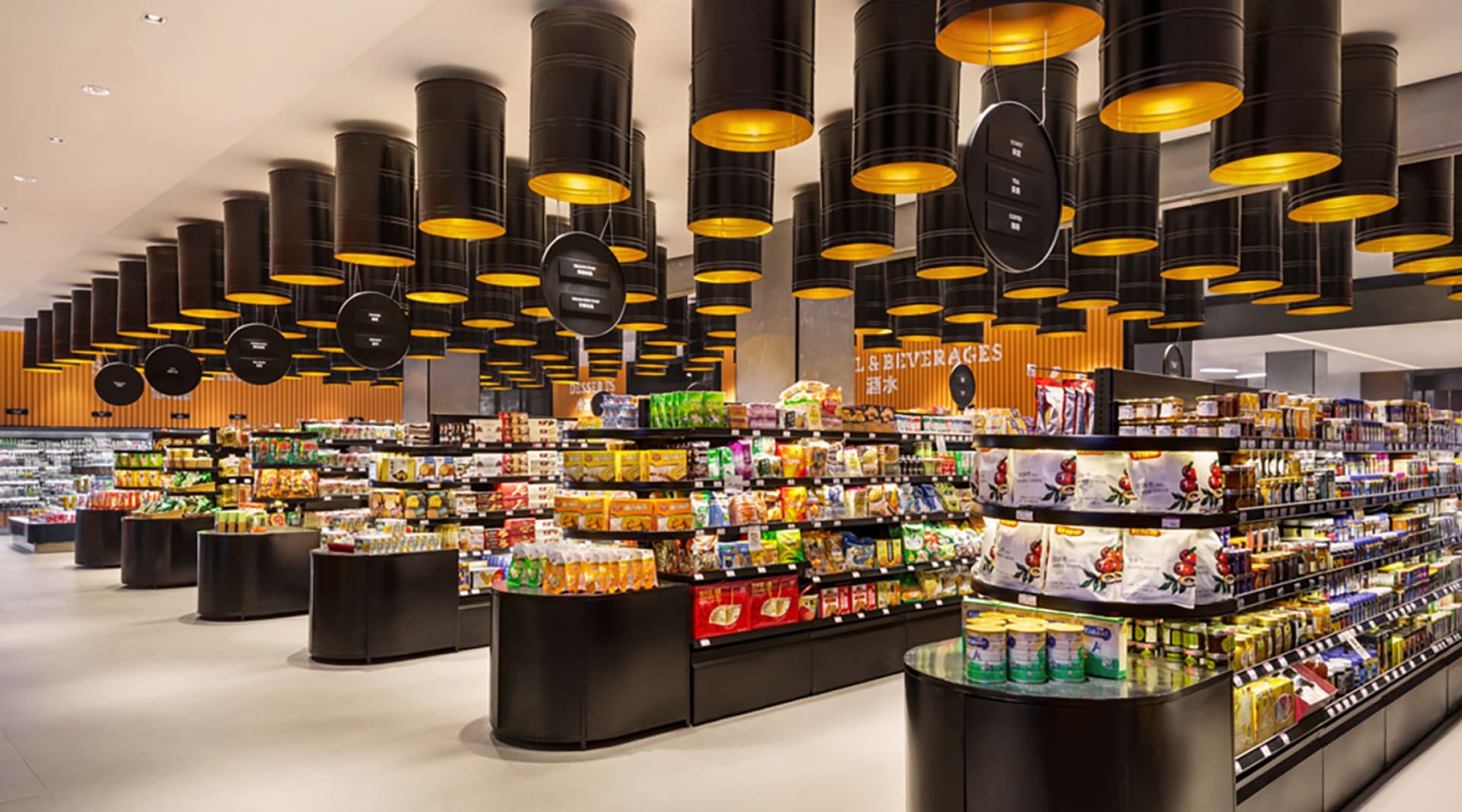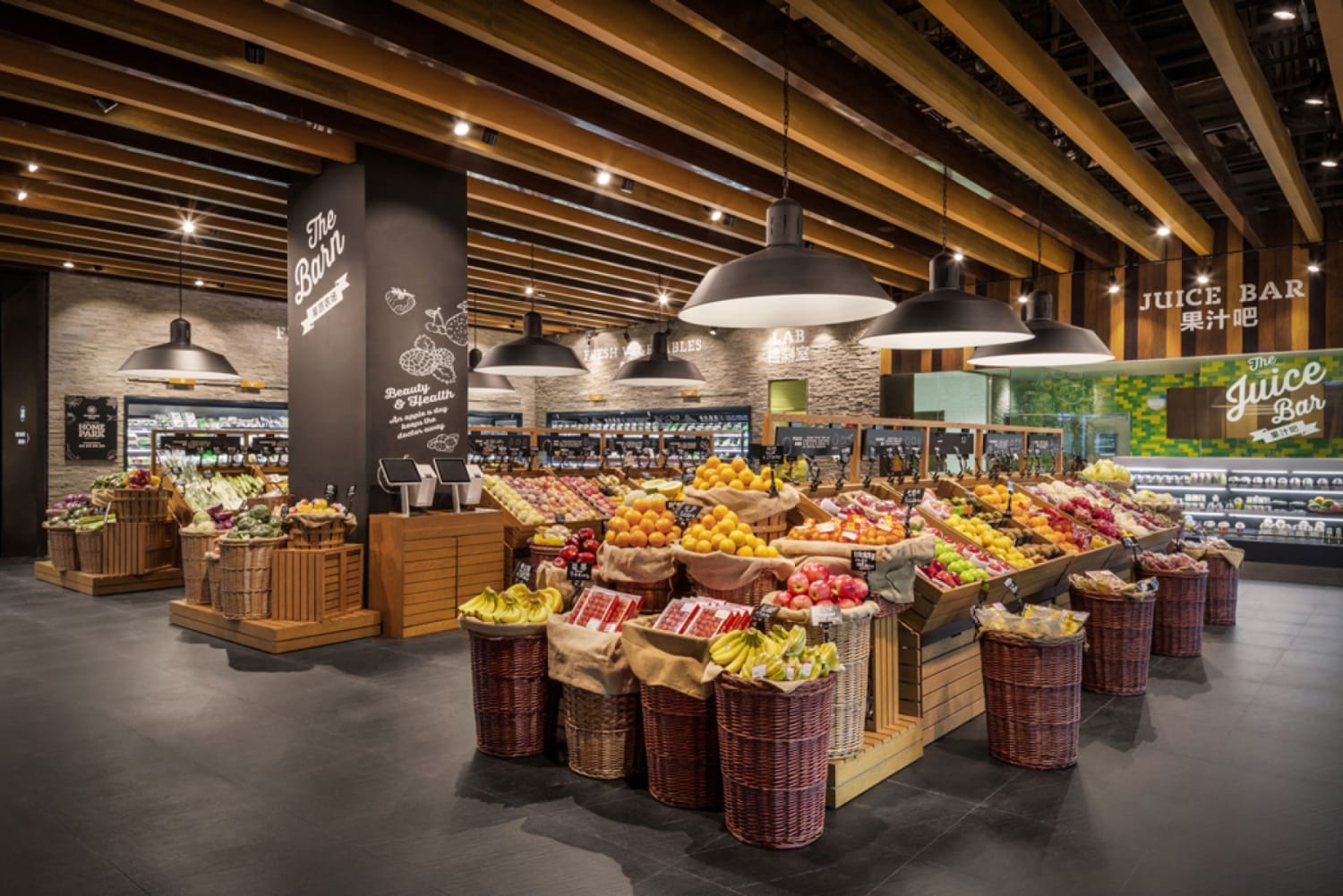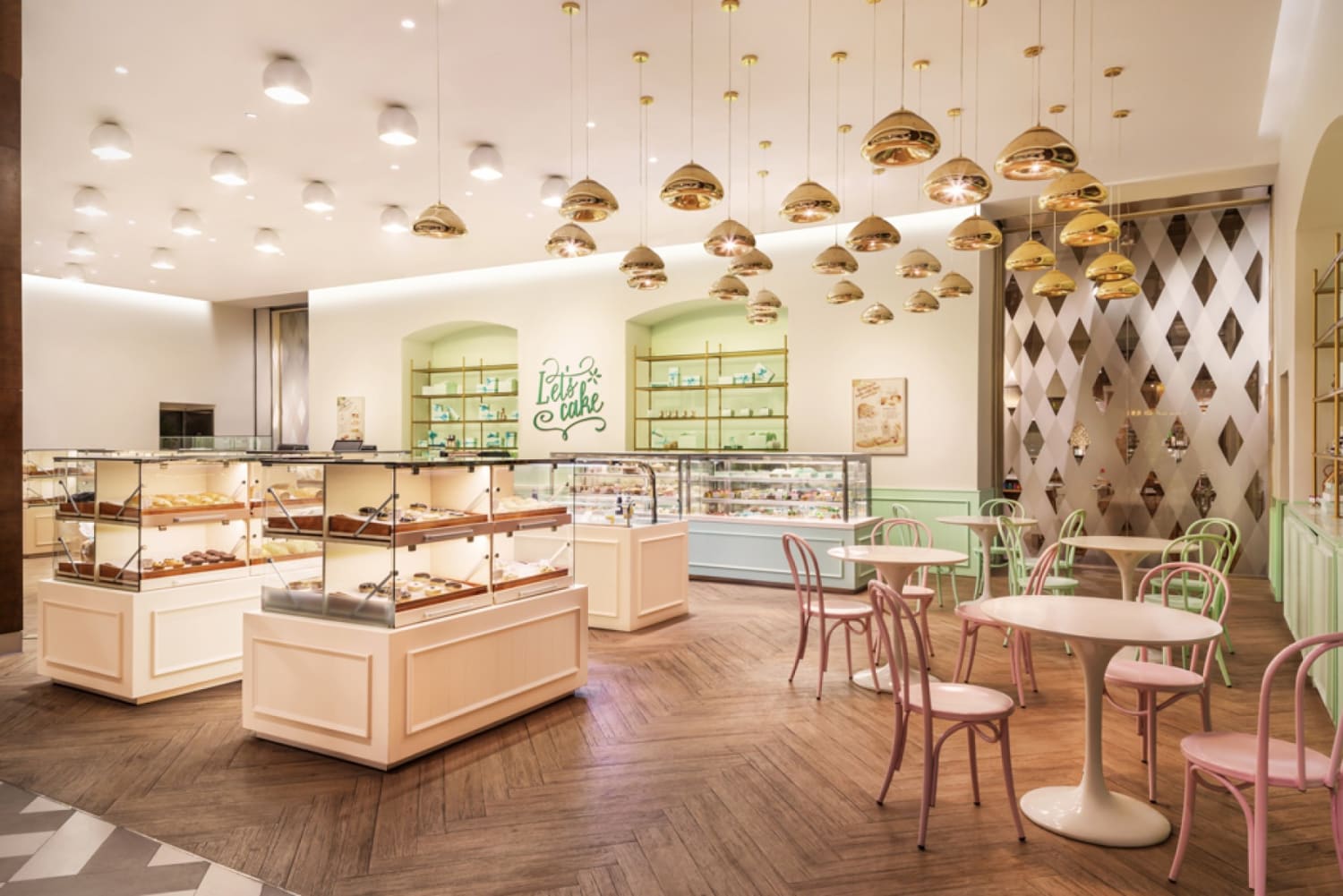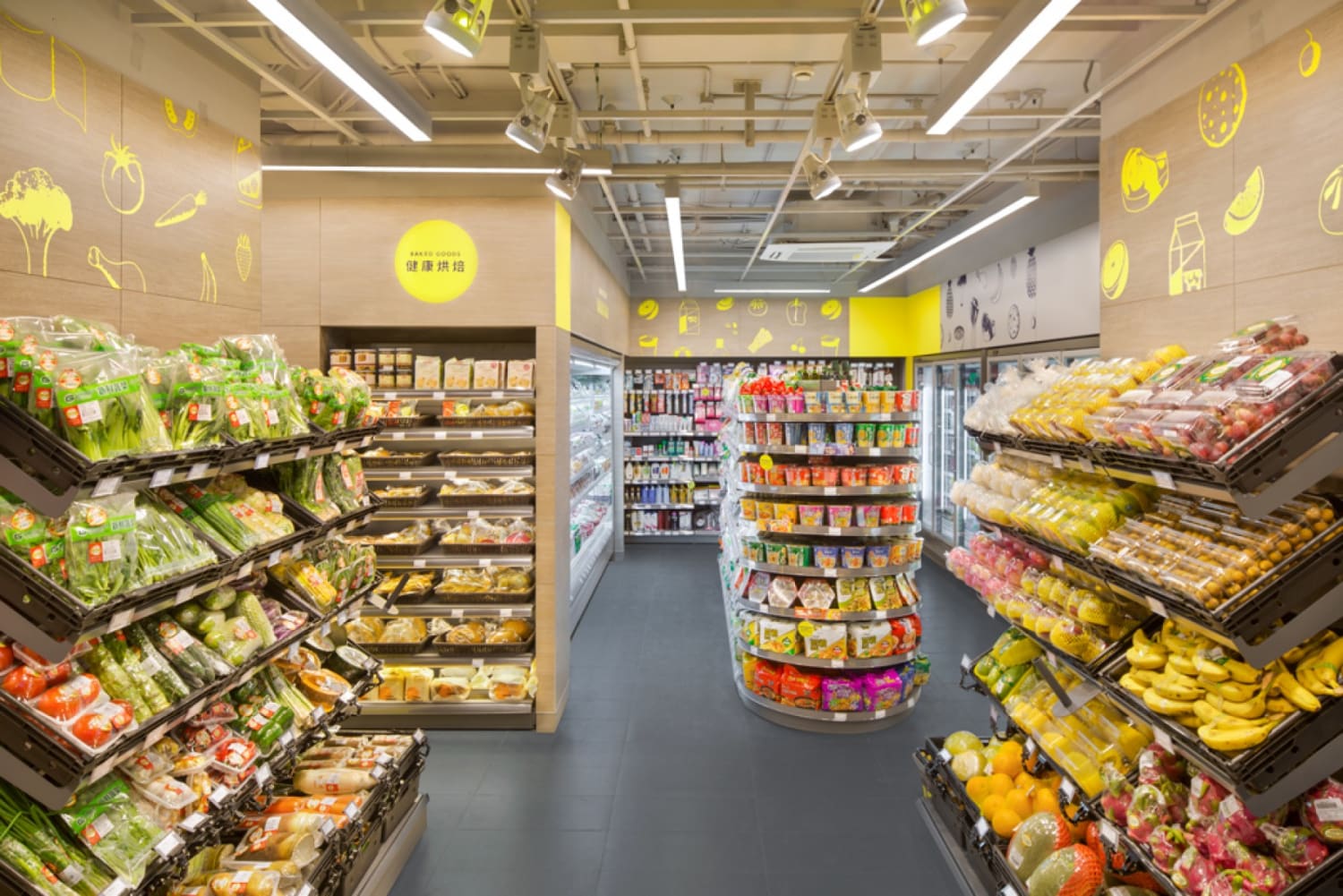Greater disposable income in China means Chinese consumers can afford premium food—and safety scandals have undermined confidence in the conventional food-production system. Together, this is a recipe for a nation of newly health-conscious shoppers.
Last year, in yet another of the food scandals that have blighted China, authorities seized numerous caches of dubious meat nationwide, estimated to be worth $483 million, some of which had been frozen for more than 40 years.
The danger of contaminated and substandard food has played a major role in making Chinese consumers the “most health conscious” in the world. According to a survey by the Boston Consulting Group, 73% of shoppers are now willing to trade up to premium products because they are deemed healthier.






